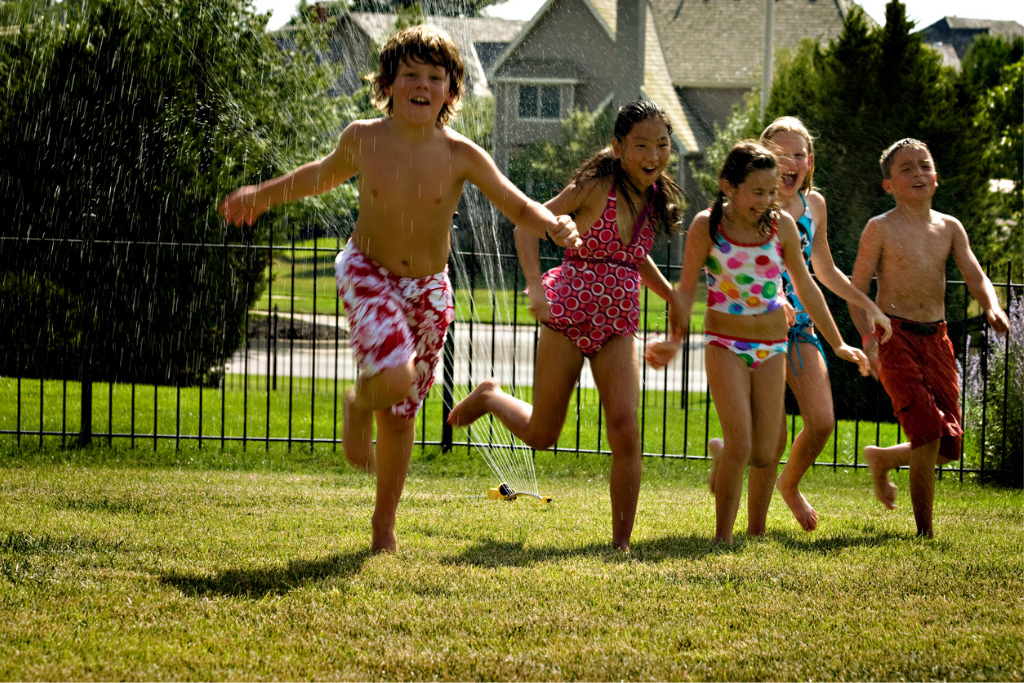This year, the transition into summer break is going to look very different. Children and teens are missing the wind down of the academic year that is marked by notable school events such as field day, end of year parties, prom, and moving up ceremonies or graduations. In the past, these events signaled the ending of one chapter and the beginning of summer break. In my own experience with my first grader, the end of the school year just this week lacked any pomp and circumstance at all. The last day of distance learning was similar in format to that of the previous three months; from a zoom call in the morning to google classroom assignments in the afternoon. To make matters more complicated for parents, camp and summer vacation plans may have been canceled, rendering the weeks ahead with fewer opportunities for external structure and pleasant distraction. Without the natural transitions that the end of the academic year provide, parents might find themselves having a difficult time helping their child switch modes from school to summer. Here are some tips to help keep your child on track so that Summer 2020 can be as rewarding as possible for everyone in the family.


